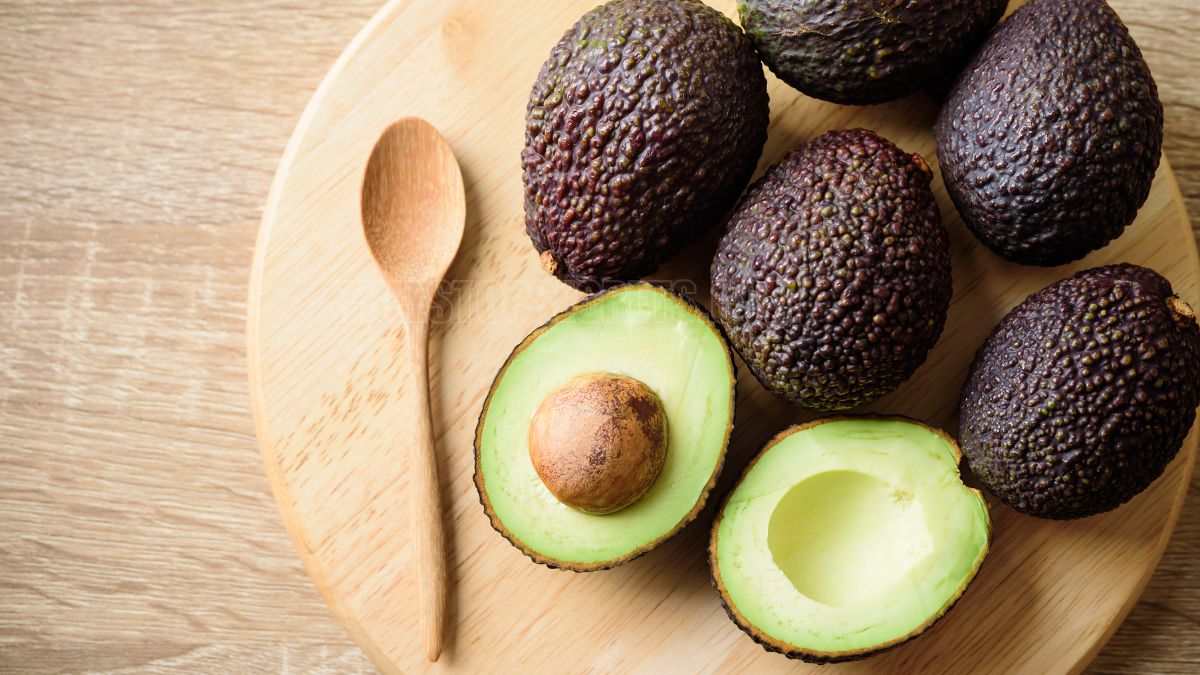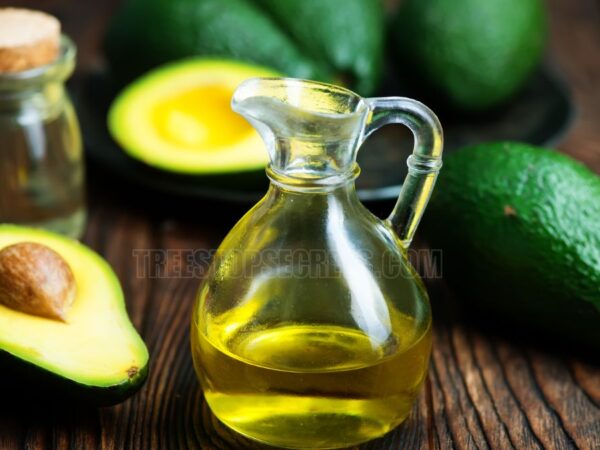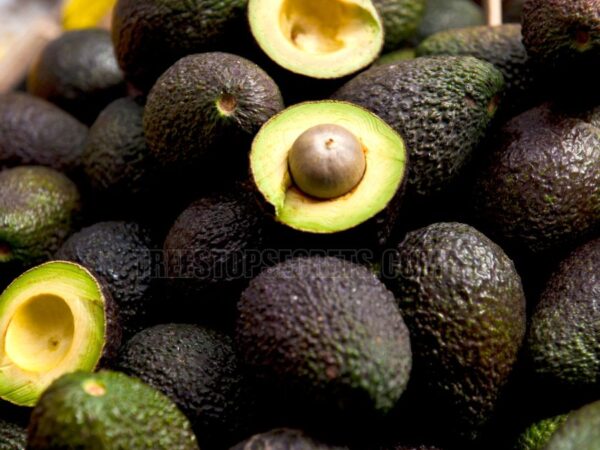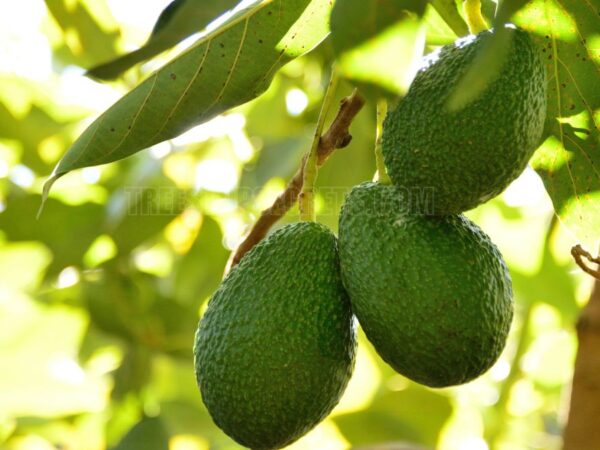Avocados are widely loved for their creamy texture and health benefits, but have you ever wondered if the seed inside is edible? The question of whether you can eat avocado seeds has sparked curiosity among health enthusiasts and nutritionists alike. While some claim the seed holds numerous health benefits, others warn of potential risks. In this article, we’ll explore the safety and nutritional value of avocado seeds to help you decide if it’s worth adding to your diet. Yes, you can technically eat avocado seeds, but it’s important to approach this with caution. Avocado seeds contain certain antioxidants, fiber, and healthy fats, but they also have trace amounts of compounds like persin, which could be harmful in large quantities. The seed itself is very hard and needs to be dried, ground, and processed before consumption. While some health benefits are suggested, research is still limited on the overall impact of eating avocado seeds. If you’re a fan of trying out superfoods or looking for new ways to boost your nutrition, the idea of consuming avocado seeds may intrigue you. But before you throw them into your next smoothie, it's important to weigh the potential pros and cons. Keep reading to learn more about how avocado seeds compare to other healthy options, and whether or not they’re worth the effort to include in your diet.
Avocado Seeds: A Hidden Treasure?
What's Inside an Avocado Seed?
Did you know that avocado seeds are more than just the giant pit you toss in the trash? They're actually a nutritional goldmine tucked away in your beloved guac ingredient. These seeds are bursting with nutrients like carbohydrates, fats, fiber, protein, vitamins, and minerals. Fun fact: carbs make up a whopping 65% of the seed's bulk, whereas fats are slim to none, around just 1% to 1.5%. Protein? It’s a wild card, swinging anywhere from 3% to over 20% (Source). Here’s the lowdown:
| Nutrient | Approximate Percentage |
|---|---|
| Carbohydrates | 65% |
| Lipids | 1% - 1.5% |
| Protein | 3% - 20% |
| Fiber | Varies |
Why Should You Care About Avocado Seeds?
Besides adding crunch to compost, avocado seeds might pack a punch in the health department. Some research suggests these seeds could be tiny powerhouses of goodness, offering benefits like blood sugar regulation, lower cholesterol, and even cancer-fighting potential. What’s behind these magic tricks? A handful of fancy-sounding compounds like acetogenin, catechin, epicatechin, and procyanidin B1. Check this out:
- Fighting Inflammation: Avocado seed extracts can potentially cool down inflammation and might even help with brain health.
- Antioxidant Mojo: These seeds are like tiny bodyguards against rogue molecules known as free radicals, helping reduce oxidative stress.
- Blood Sugar Leveling: Some studies hint they might help even out your blood sugar spikes, which is great news for your pancreas.
- Heart Helper: By lowering cholesterol, avocado seeds might give your ticker a hand.
The Bottom Line
So, next time you're munching on avocados, think twice before you chuck that seed. It’s not just a useless pit but a potential source of nutrition and health benefits. Taking a closer look at avocado seeds reveals how much we might be missing out on by simply throwing them away. Who knew that the secret to better health could be hiding in something we usually discard?
Should You Be Eating Avocado Seeds?
Alright, let's chat about avocado seeds—those unassuming little pits sitting inside everyone's favorite green fruit. Before you even think about blending one into a smoothie, you need to know there's more going on with these seeds than meets the eye.
What's Hiding in Avocado Seeds?
Here’s the deal. Avocado seeds are hiding a few things you probably don't want in your breakfast bowl:
- Cyanogenic Glycosides: Just a fancy way of saying these guys can turn into cyanide in your body—not cool.
- Tannins: They're the party crashers that can mess with your nutrient absorption.
- Trypsin Inhibitors: These little saboteurs can make digesting proteins a not-so-fun experience.
Why Bother?
To put it bluntly, munching on avocado seeds might not be the best idea. These compounds are like obstacles in your body's nutrient obstacle course, causing more harm than good. In other words, they can mess with how well you soak up vitamins and minerals (Health).
| Nasty Compound | Why It's Bad News |
|---|---|
| Cyanogenic Glycosides | Can turn into toxic cyanide |
| Tannins | Messes with nutrient uptake |
| Trypsin Inhibitors | Affects protein digestion |
Antinutrients: The Bad Guys
These pesky compounds are known as antinutrients. They’re like those people who just make a bad situation worse. Antinutrients can bind to minerals, thus making it hard for your body to get any good out of the nutrients you consume. You end up with less from your meals because of these unwanted hitchhikers (Health.com).
The Scoop on Safety
Alright, here's the kicker—most of the safety tests on avocado seeds have been done on animals. Rats, specifically. And while high doses didn’t seem to phase them, humans are a different story. We just don’t have enough human research to give the green light on snacking on those seeds.
Conclusion
So while that avocado seed might seem like it could add some crunch to your diet, it’s probably best to let it sit this one out. Stick with the smooth, buttery green stuff we all know and love. Your body—and your taste buds—will thank you.
Avocado Seeds: The Untold Story
What's Inside Avocado Seeds?
Hey, ever wondered if those big, hard avocado seeds could be useful? Researchers sure have. But here's the kicker: most studies focus on avocado seed extracts, not the seeds themselves. Most of what we know comes from lab tests, and it's not exactly the same as munching on them in your salad or smoothie.
| Study Focus | Type of Data | Conclusion |
|---|---|---|
| Seed Extracts | Lab Tests | Limited health benefits found |
| Whole Seeds | No Clinical Data | No confirmed safety or benefits |
No Real-Life Eating Proof
Turns out, no one's really done the homework on humans eating avocado seeds. The info we do have is pretty sketchy. It's mostly about extracts, not actual seeds. So, nobody's sure if they're safe or healthy to eat. You might've seen tips on chopping or blending avocado seeds, but guess what? Those aren't proven safe either. So, don't toss them in your smoothie just yet! Experts say it's best to stick to the tasty green part of the avocado. It's loaded with healthy fats, vitamins, minerals, antioxidants, and fiber. And the good news? It's proven safe and super healthy. In a nutshell, enjoy the creamy avocado flesh and put those seeds in the compost, not your diet.
The Green Gold
Remember, the avocado itself is a nutritional powerhouse. So, dish up that guac, heap it on toast, or blend it into a smoothie. Your body will thank you, and your taste buds will too! Avocado seeds? Meh. Maybe someday research will show they’re worth more than just compost, but for now, let's keep it simple and safe.
Consumption Tips
Why You Should Avoid Eating Avocado Seeds
Ever wondered, "Can you eat avocado seeds?" Well, here's the scoop—it's a no-go. Hidden inside that pit are compounds that aren't exactly friend material. We're talking cyanogenic glycosides, tannins, and trypsin inhibitors. These bad boys can mess with your body’s ability to absorb minerals and vitamins. Some daredevils out there suggest turning avocado seeds into powder, but there’s no proven safe method for doing this. Drying, chopping, and blending might give you a powder, but it won't keep its antioxidant kick (Healthline). My advice? Let’s stick to the good stuff and avoid any bellyaches.
| Compound | Effect |
|---|---|
| Cyanogenic Glycosides | Could release cyanide; basically, toxins in disguise. |
| Tannins | Might block nutrient absorption. |
| Trypsin Inhibitors | Can mess with protein digestion. |
Enjoying the Bliss of Avocado Flesh
The flesh of an avocado, though? Total game-changer. It's creamy, tastes amazing, and is loaded with all the good stuff—healthy fats, vitamins, minerals, and fiber. Unlike the seed, the flesh supports heart health, aids digestion, and is even good for the skin. Here's how I like to keep my avocado groove on: salads, smoothies, toast spread, or even soups. This versatile fruit brings nutritional oomph to any meal. The benefits of avocado flesh look like this:
| Nutrient | Benefit |
|---|---|
| Healthy Fats | Keep that heart ticking. |
| Vitamins | Essential vibes from vitamin E and K. |
| Fiber | Smooths out digestion. |
| Potassium | Keeps blood pressure in check. |
So, while the seed might be intriguing, I'm all in for avocado flesh. Stick to what’s tasty and beneficial, and keep your body happy.
Cool Ways to Use Avocado Seeds
Ever thought about what you can do with those avocado seeds you usually toss? Turns out, they’re packed with nutrients and can be used in some pretty interesting ways for food and health.
Foodie Fun with Avocado Seeds
Dry and grind those avocado seeds into a fine powder. This doesn't just get rid of waste but gives you a new ingredient to mix into your dishes. Toss it into smoothies, sprinkle it over your salads, or add it to your baking experiments like bread. Imagine a nutty boost of flavor and nutrition (Oddbox).
| Use Case | What It Adds |
|---|---|
| Smoothies | Extra nutrients and fiber |
| Baking | Crunch and health perks |
| Salads | Nutty flavor and texture |
Avocado seeds are loaded with good stuff like bioactive compounds, making them great for ramping up the nutritional content of your meals (National Center for Biotechnology Information).
Health Perks in a Seed
Avocado seed extracts are catching eyes for their health perks. They might help fight off different types of cancer and have anti-inflammatory effects. This means you could see them in health supplements or as a functional food ingredient soon. How about making teas or dips with avocado seed powder? Sure, they can be a bit bitter, but mix them up with sweet fruits like bananas or strawberries, and you've got a tasty, healthy treat (Healthline). And don’t forget the big guns like phenolics, flavonoids, and catechins found in avocado seeds. These compounds help with blood sugar control, fighting cancer, reducing inflammation, and act as antioxidants. It's impressive how these seeds can shake up our diet and overall health. So next time you're slicing up an avocado, think twice before tossing that seed – it might just become your new secret ingredient.
Final Thoughts: Can You Eat Avocado Seeds?
In conclusion, while avocado seeds may offer certain nutritional benefits, they should be consumed cautiously. The potential health perks need to be weighed against possible risks, especially since research is still limited. If you decide to include avocado seeds in your diet, make sure to properly process them and consult with a health professional if you have concerns. Ultimately, the choice is up to you, but there are plenty of other nutrient-rich foods available that can offer similar benefits.
FAQs about "Can You Eat Avocado Seeds?"
Q: What are the benefits of eating avocado seeds? A: Avocado seeds contain antioxidants, fiber, and healthy fats, which may promote heart health and digestion. However, these benefits are not fully backed by scientific studies, so it’s important to approach this with caution. Q: How do I prepare an avocado seed for consumption? A: To prepare an avocado seed, you should first dry it by leaving it in the sun or baking it in a low-temperature oven. Once dried, grind the seed into a powder using a blender or food processor, then add it to smoothies, salads, or soups in small amounts. Q: Are there any risks associated with eating avocado seeds? A: Yes, avocado seeds contain trace amounts of persin, a compound that can be toxic in large amounts. Additionally, due to limited research, it's uncertain how consuming large quantities may affect long-term health. Q: Can avocado seeds be toxic to pets? A: Yes, avocado seeds can be toxic to pets, particularly dogs and cats. The compound persin, found in the seed, can cause vomiting, diarrhea, and other symptoms. Always keep avocado seeds out of reach of pets. Q: How much avocado seed should I consume daily? A: Since research is limited, it’s recommended to consume avocado seeds in very small quantities, such as 1-2 teaspoons of ground seed powder per day. Overconsumption may lead to digestive discomfort or potential health risks.
Image Source: Paid image from CANVA





